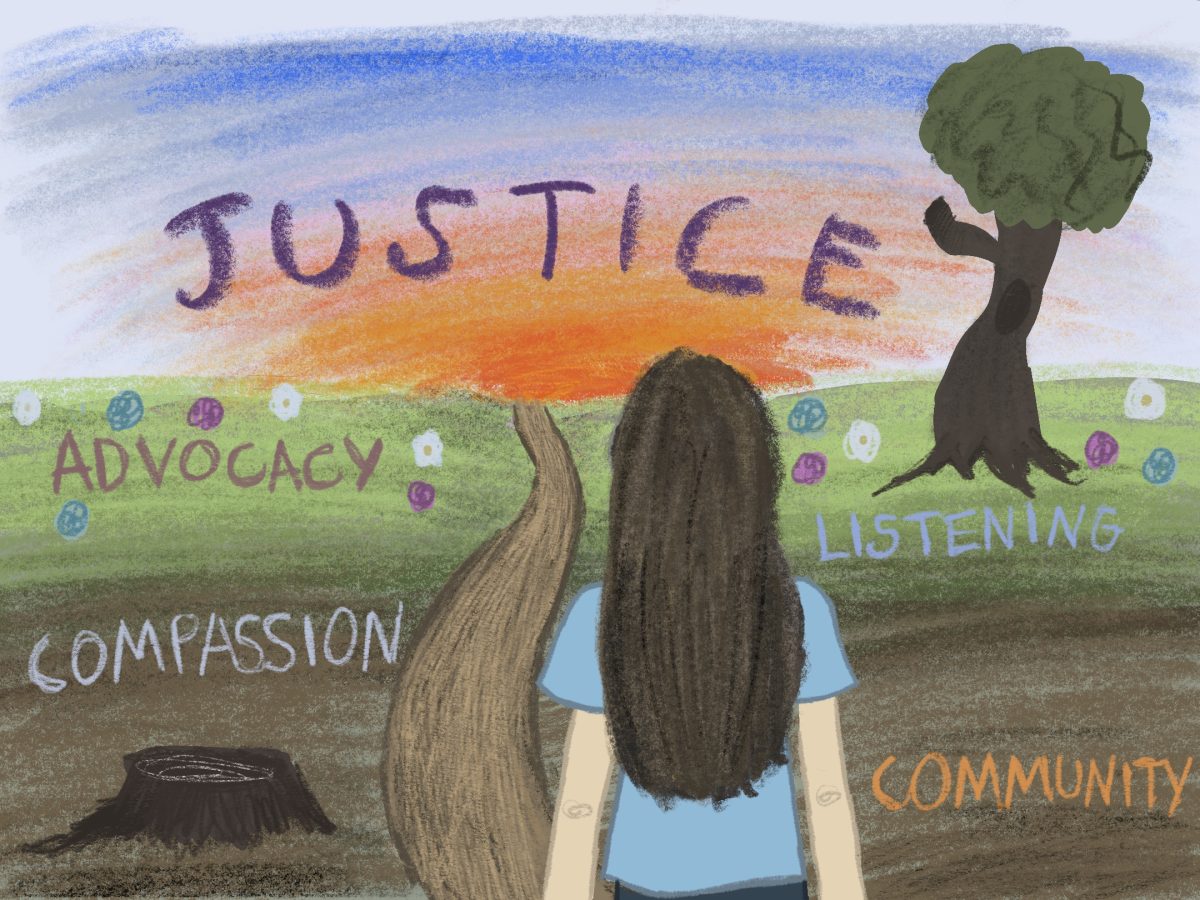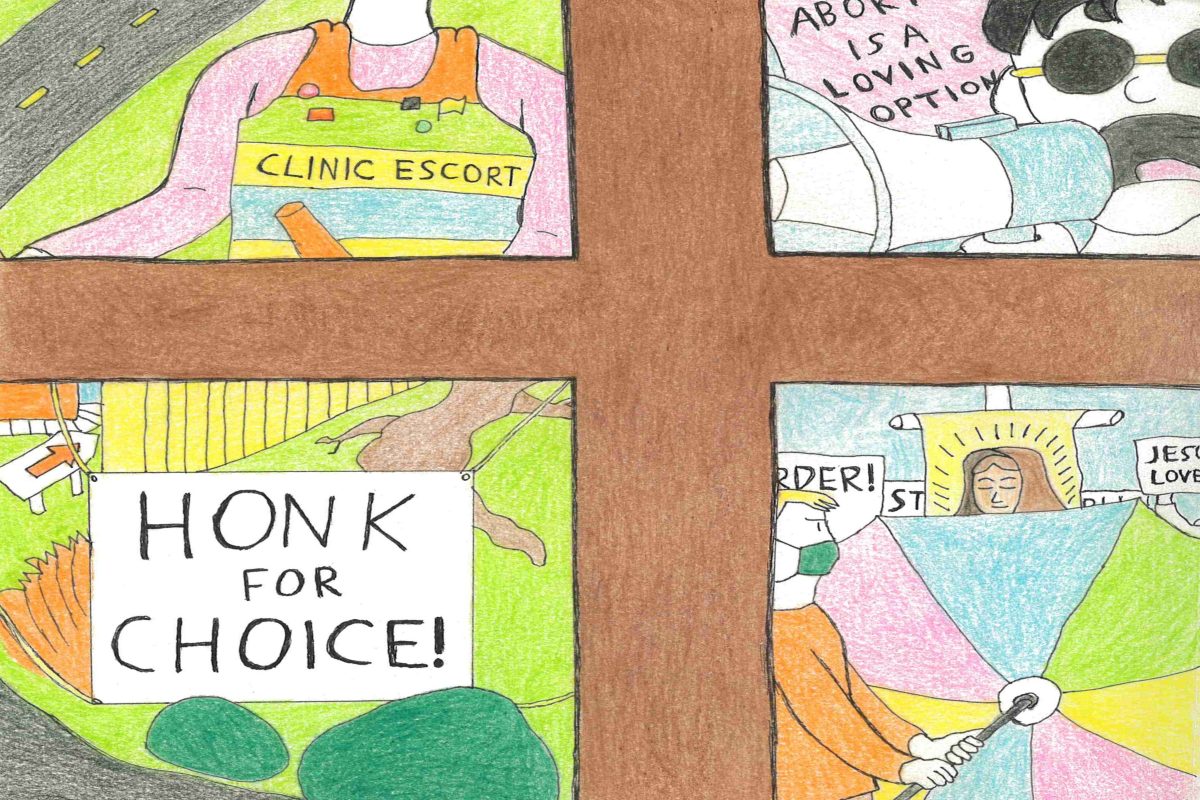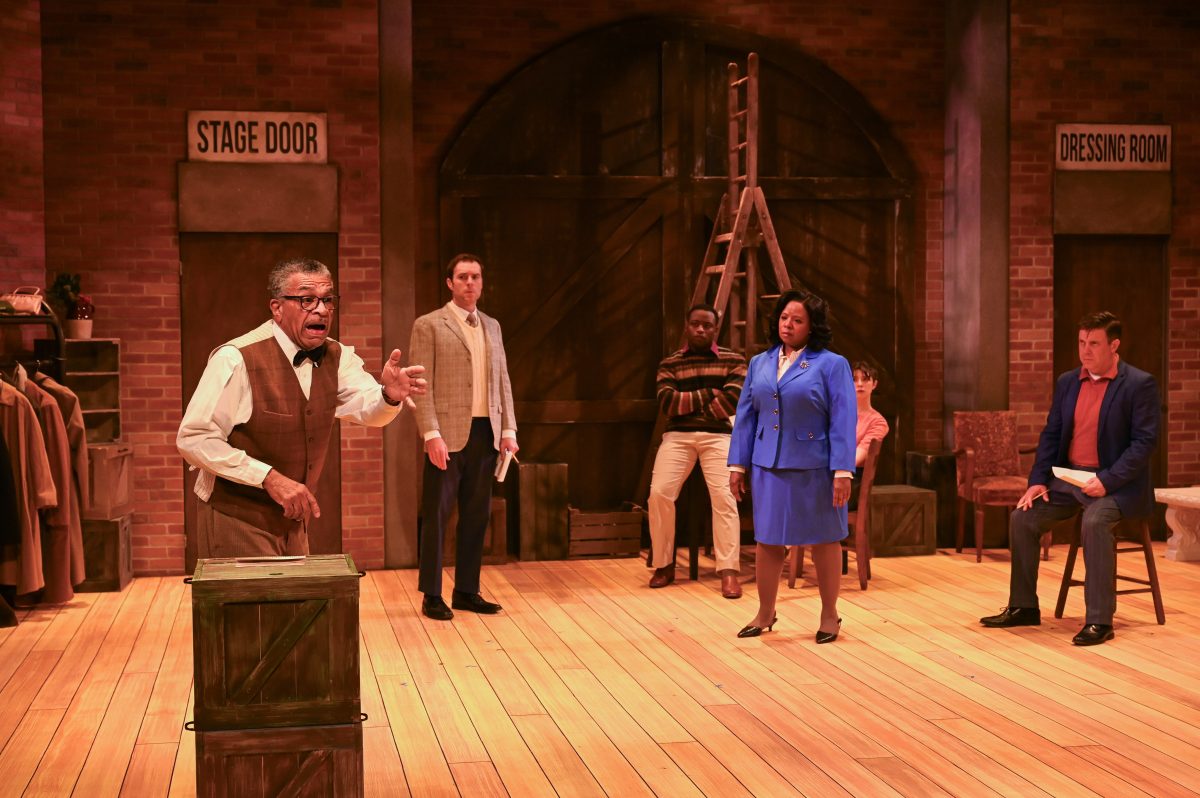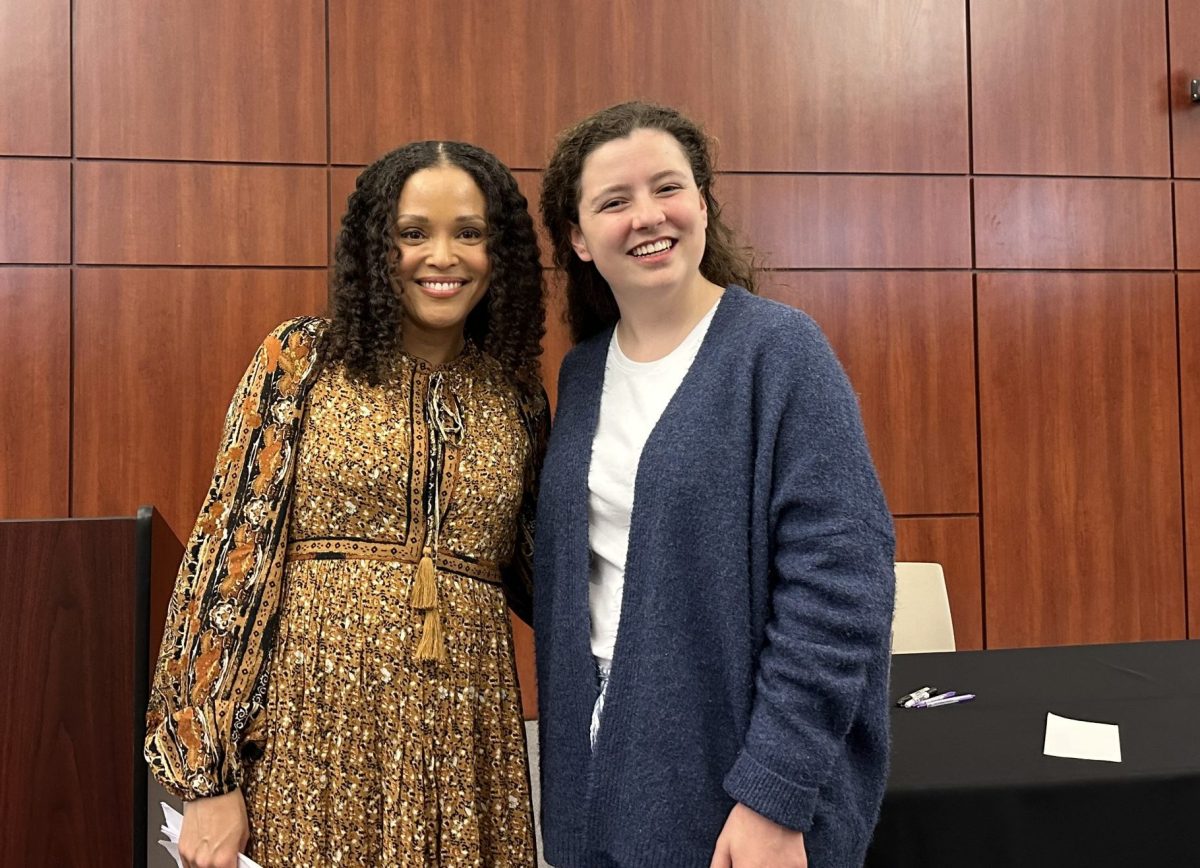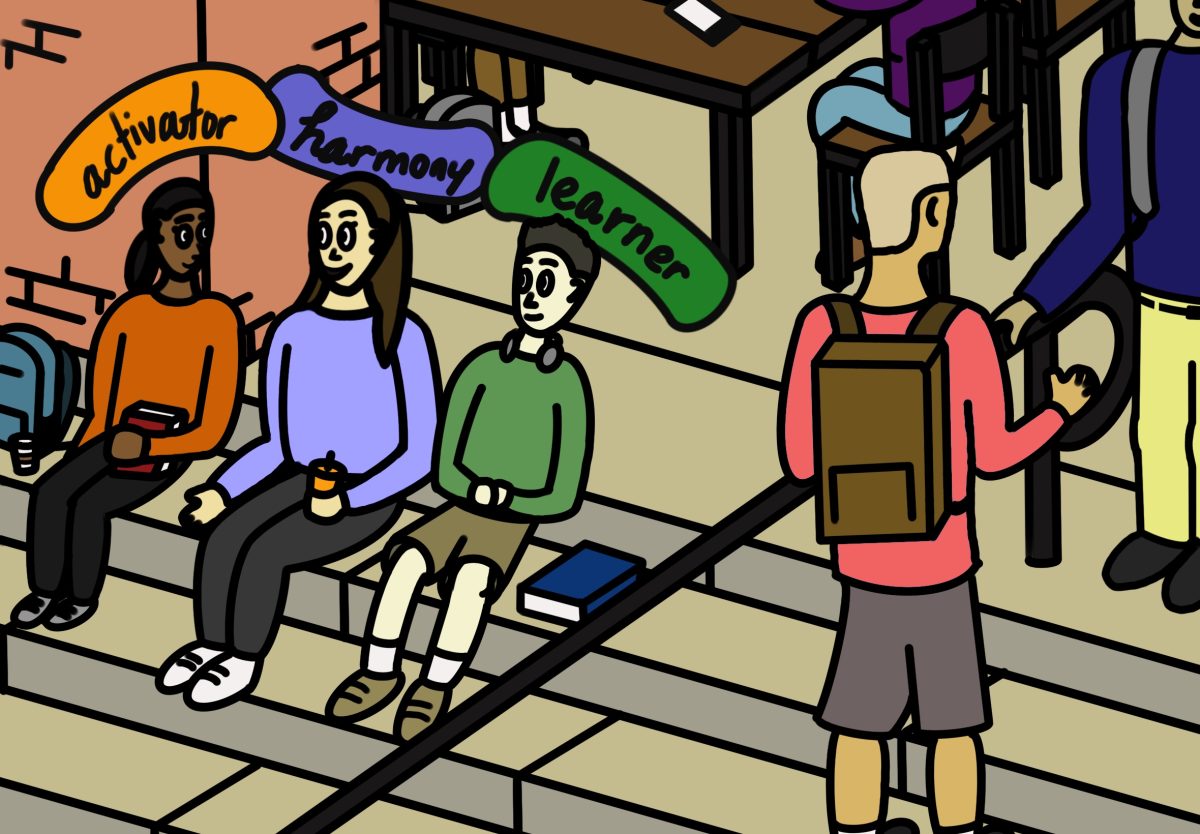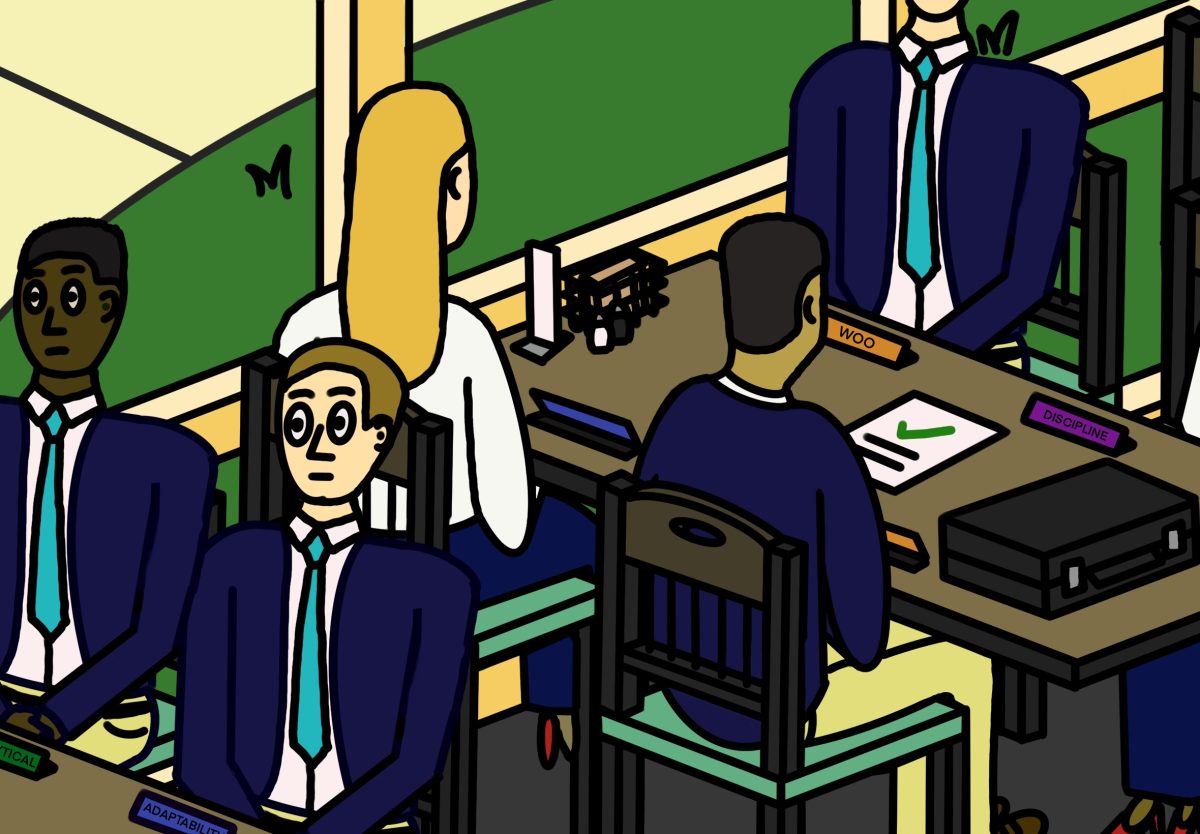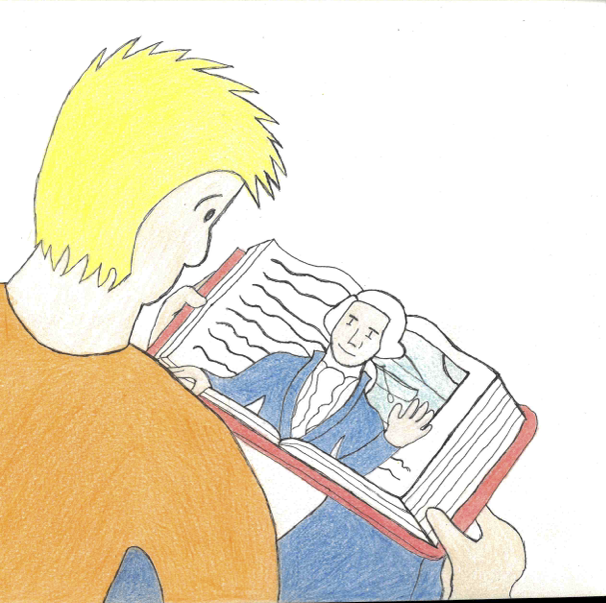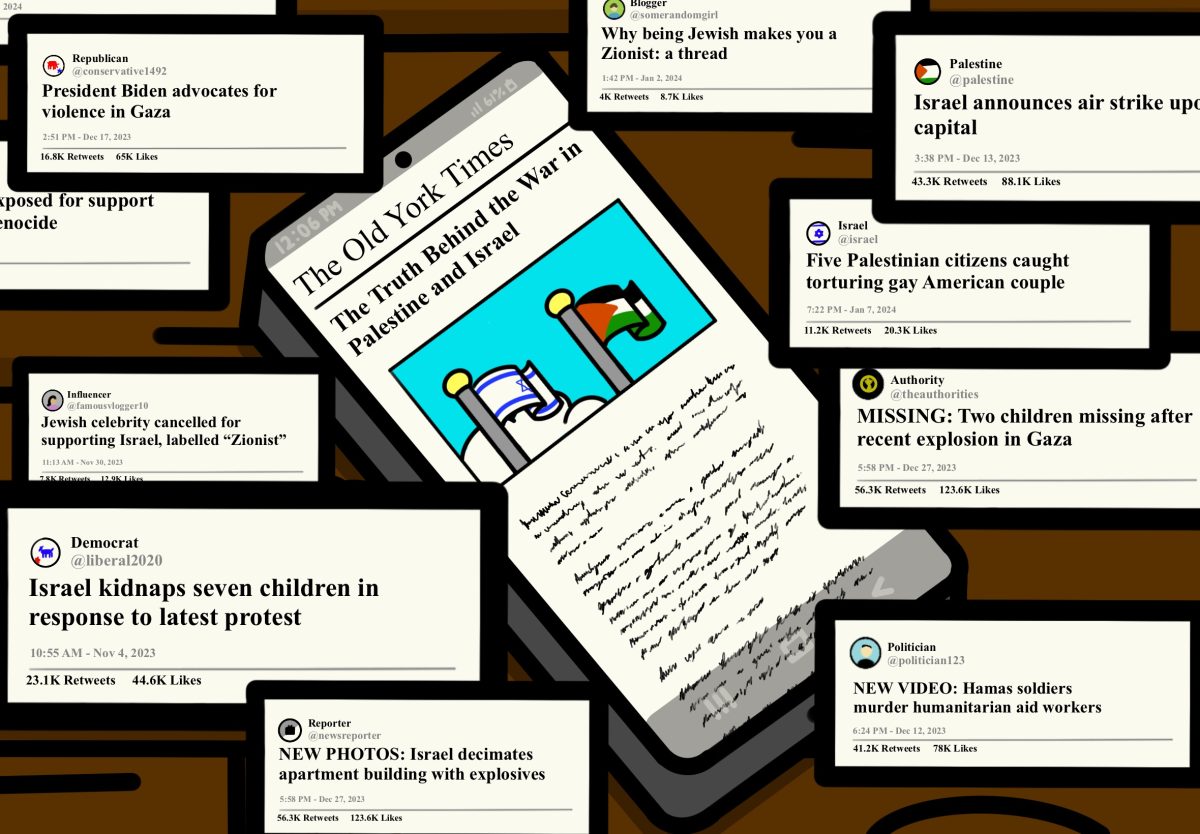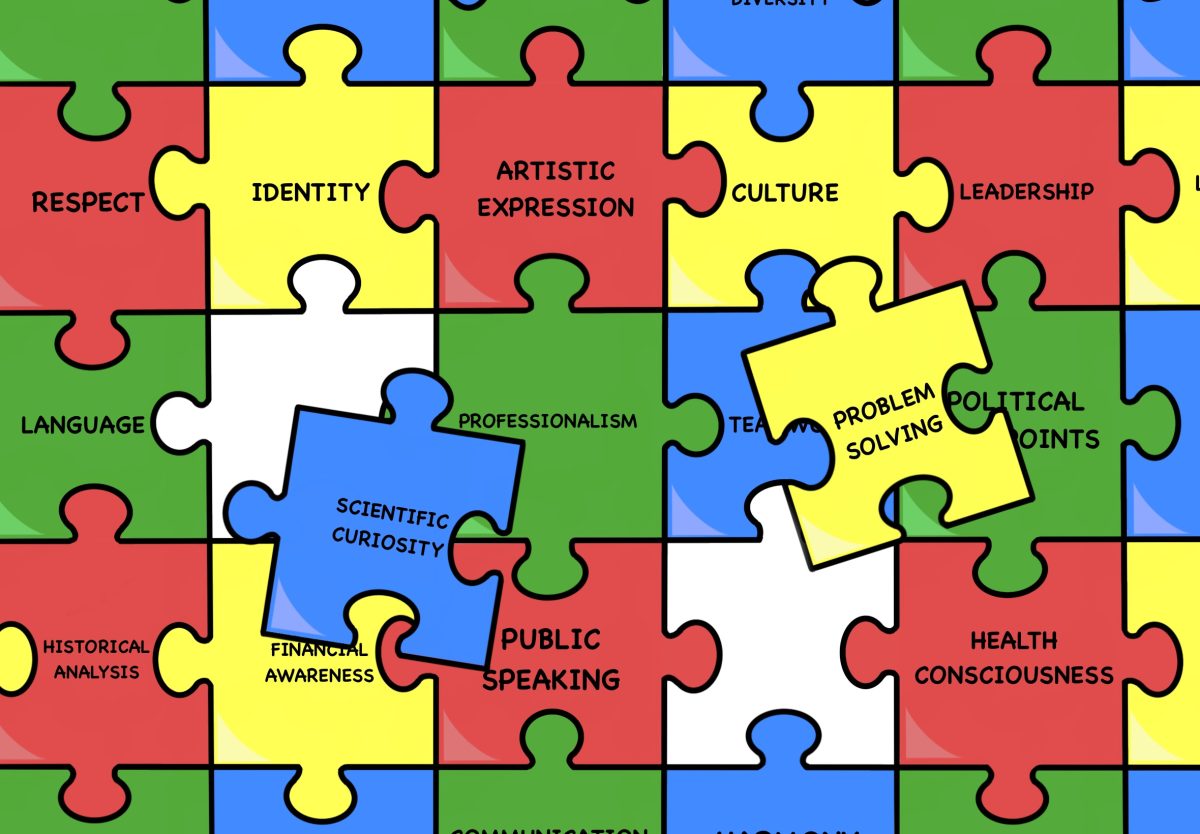While the drama of the national election attracted everyone’s attention last week, some Furman students were attempting to win votes (more specifically, signatures) for a cause that could have a much greater and more immediate impact on our community: the Student Leadership Campus Diversity Initiative.
The initiative, which was written by diverse student leaders at Furman, offers three central policy recommendations:
- There should be a diversity GER credit requirement. As the petition puts it, “Every student, regardless of major, should have to take at least one class that encourages them to think about the importance of diversity.”
- There should be a diversity CLP (cultural life program) requirement. According to this recommendation, “the Diversity and Inclusion track will require a quarter of student CLPs be sponsored by either SDC (student diversity council), Religious Council, or an academic department seeking to further our goals in fostering an inclusive environment.”
- An increase in the percentage of student and faculty religious minorities to be in line with our peer institutions because, “we tend to focus on issues of racial and ethnic diversity, [and] we often forget the value of religious diversity.
In short, it seems that diverse students at Furman are fed up with other Furman students who neglect to consider diversity as a central aspect of their liberal arts education and, consequently, rarely engage with our diverse community on campus. As someone who cares deeply about diversity and inclusion, I concur with the criticism that many Furman students fail to recognize its importance. To point that problem out, think of solutions and marshal support behind them is a needed and worthwhile pursuit. Furman students should confront questions of diversity and inclusion in their four years at the university. Furman students should be pushed beyond their comfort zone by people who may not look, act or think like them. Again, these are admirable objectives.
Unfortunately, I fear that even if these policy recommendations were instituted, these measures would have little effect. What’s more, it seems possible to me that this initiative could actually be counterproductive to the broader goal of getting all Furman students to care about diversity and inclusion.
Let me explain. Though it should not be, diversity and inclusion is often intimidating to white students. For example, I attended a CLP my sophomore year where I was the only white person in a room full of students of color. For some reason, I felt odd and out of place. I wanted to leave. In hindsight, however, I am glad I stayed, because over the next hour I finally began to understand how many students of color told me they felt in classrooms where they were the only black or brown student.
Despite my positive experience, my point stands. Diversity and inclusion is intimidating to many white students, and as a result, they tend not to engage with our diverse communities on campus. Though this reality is a shame, the solution cannot simply be to require uninterested students to disingenuously attend events and take classes. In fact, when forced, diversity and inclusion seems to alienate and divide rather than unite. The sort of caring and inclusive community that we are seeking cannot be conceived from compulsion.
In my mind, the main reason that so many white students are intimidated by diversity and inclusion is because they do not feel that they have a seat at the table. Though not always, conversations about diversity and inclusion are often perceived as attempts at education, efforts to make ignorant white students aware of their own privilege and inherent racism. That perception does not necessarily reflect reality, but instituting the changes that this initiative calls for will serve to reinforce that notion in some students’ minds.
At the end of the day, when the Student Leadership Campus Diversity Initiative petition calls for raising awareness about “issues affecting students of varying race, sexual orientation, religion, and nationality,” everyone knows that it is not talking about issues affecting white, heterosexual, Christian, Americans (which is a rather large demographic at Furman) – and that is okay. White, heterosexual, Christian, American students do not face many of the challenges that their diverse peers face. The problem is not that diversity and inclusion does not focus enough on white students, but rather that it often casts those students in the role of the oppressor. To the extent that it does so, it tends to make many students feel like vestiges of a racist past rather than active elements in a conversation about diversity and inclusion moving forward.
That being said, some might suggest that the diversity and inclusion initiative needs to be shot down. I disagree. In fact, I think it needs to expand its scope.
More specifically, I think that the petition should include political diversity as a top priority. Conversations across the ideological aisle are essential to any diverse community. Furman, and our country, currently struggle to have such conversations.
Earlier this fall, for example, I asked College Democrats and the Furman Conservative Society to write side-by-side columns for The Paladin on key policy issues as we approached the presidential election this November. After several attempts, the two sides could simply not come together after College Democrats refused to “debate human rights.” That language is designed to shut down dialogue and demonize the other side. Unfortunately, it is resoundingly similar to statements about how “everyone who votes for Trump is a racist and any person of color who votes for Trump has internalized racism” that I frequently see leaders advocating for diversity and inclusion at Furman post in public forums online.
That rhetoric is counterproductive to our mission to become a more diverse and inclusive place. It alienates the roughly 30% of the student body that voted for Trump. It also justifies those students’ hesitancy to engage in dialogue about how to make Furman better. It makes them feel singled out and uniquely evil.
Including political diversity in this new initiative would go a long way towards dismissing the fears of those students who find themselves in the political minority on campus. Moreover, it would show them that they can claim an active role in helping Furman become a more diverse and inclusive institution. Rather than being preached to, they can join the conversation. That seems like a much more efficient way to get students interested in diversity and inclusion than requiring them to take certain classes or attend certain CLPs.
Today, Furman finds itself at an interesting position on its mission to become a more diverse and inclusive community. Increasingly, it seems we have students, clubs and groups who are promoting diversity and attempting to have a conversation about how to change campus for the better. At the same time, many students are still not engaged in meaningful dialogue about these issues.
It is easy to blame those unengaged students, but the reality is that the way we have conversations about diversity and inclusion often alienates people with certain political perspectives and discourages them from participating. Consequently, forcing them to participate will not improve the situation unless we also change the way we understand and discuss diversity and inclusion. Including political diversity as a priority for this new initiative would be an important step in the right direction.










